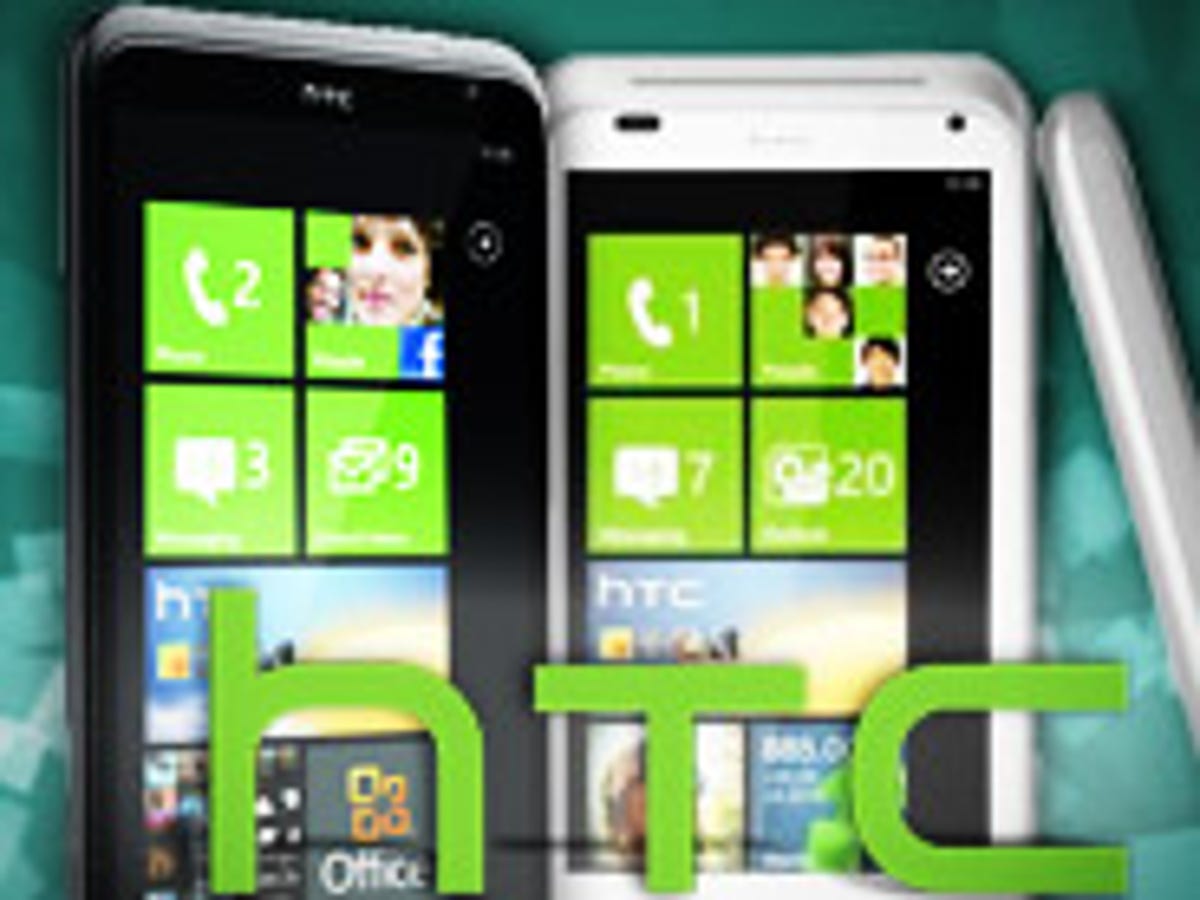HTC is keen on buying its own mobile operating system, a move that could help differentiate the smartphone manufacturer from its competition.

HTC Chairwoman Cher Wang, speaking to the Economic Observer of China in a report picked up by Taiwan’s Central News Agency, confirmed the company’s interest.
“We have given it thought and we have discussed it internally, but we will not do it on impulse,” Wang said in an interview with the Economic Observer.
A recent sequence of events has many wondering whether some of the major handset manufacturers may start looking toward a mobile operating system of their own. Google’s decision to purchase Motorola Mobility, while helpful on the patent front, puts the Internet giant in competition with its handset partners. Hewlett-Packard’s decision to spin off its PC division and shutter its mobile business potentially puts its WebOS platform up for sale.
The rumors have already swirled around Samsung Electronics, but the company has denied interest in both WebOS and Intel-backed MeeGo. Unlike the other smartphone players, Samsung has its own home-grown OS in Bada, which is available in smartphones in select regions of the world.
Related stories:
HTC’s Beats deal: Hear no evil?
HTC facing backlash for S3 acquisition
Has Samsung set its sights on HP’s WebOS?
Motorola struggled before the Google deal
HTC, meanwhile, is wholly dependent on Android and, to a lesser extent, Microsoft’s Windows Phone 7 platform. The company has done an admirable job of customizing the user interface and experience with its Sense user interface, but the allure of creating an end-to-end experience on a phone, a la Apple’s iOS, is likely an enticing one.
“We can use any OS we want,” Wang said. “We are able to make things different from our rivals on the second or third layer of a platform,” Wang said. “Our strength lies in understanding an OS, but it does not mean that we have to produce an OS.”
Taiwan’s HTC has been one of the primary beneficiaries of Android’s rapid success. The company was the first to partner with Google on an Android phone, debuting the G1 on T-Mobile USA in 2008. Since then, HTC has seen a wave of competitors jump into the business with their own Motorola phones, including consumer electronic titans such as Samsung.
HTC, meanwhile, hasn’t been shy about making purchases in the recent months. The company made the baffling decision to spend $300 million for a majority stake in Dr. Dre’s Beats headphone business last month. In July, it purchased S3 Graphics for $300 million to get hold of its patents to better defend itself against Apple.



